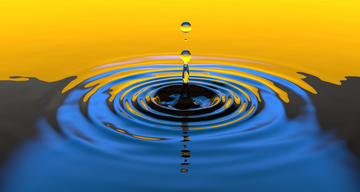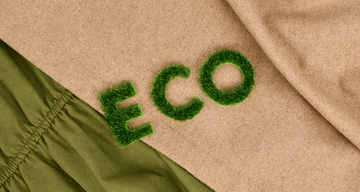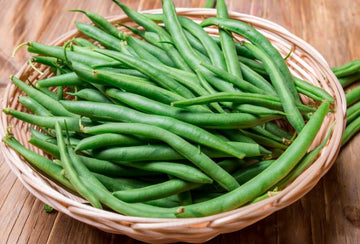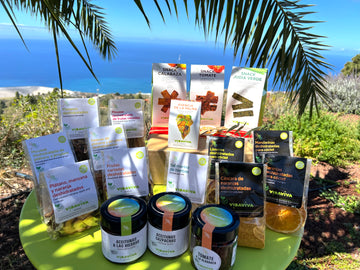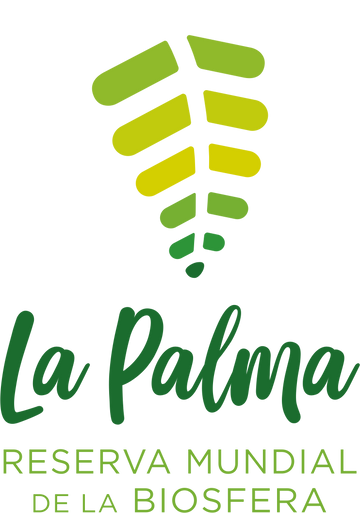World Water Day is celebrated every March 22nd. This date, established by the United Nations General Assembly, seeks to raise awareness about one of the essential resources for life on planet Earth and the importance of this resource, both for humans and other animals and plants.
Water is at the base of everything , whatever our eating habits, whatever our culture, and it is the basis of life not only for people, but for each and every living being and for all of them as a whole.
Although World Water Day is focused on raising awareness, it's not merely an individual issue; it's related to a sense of community, of sharing. Even on agricultural and industrial farms, water conservation is essential to carry out activities with the least possible waste and impact, while also avoiding the pollution of water resources. From our humble position as a small business, at Vidaviva we take special care with environmental sustainability, and this includes responsible water management. We reduce water consumption and continue to produce food .
In an island territory like La Palma, characterized by recent volcanism, water management takes on special characteristics. The vast majority of water consumed, both for agriculture and for direct human use, comes from the groundwater.
Although La Palma experiences significant rainfall, especially in the highlands of the northeast, this does not mean the island has unlimited water available for use. The recent rainfall during the first months of 2025 has provided relief from the drought of previous years. The improvement in water levels is especially valuable for La Palma, where efficient water management is crucial due to the challenges of sustainably exploiting aquifers.
At Vidaviva Ecofood, we are dedicated to processing fruits and vegetables from our farms and orchards into dehydrated products, using techniques that optimize and streamline water use. Our approach includes efficient irrigation systems such as sprinklers, micro-sprinklers, and drip irrigation, tailored to the specific needs of each crop.
We carefully plan our irrigation based on weather conditions, taking advantage of natural rainfall to reduce artificial irrigation. We also use plant mulches to conserve soil moisture and reduce evaporation. These practices allow us to grow healthy and delicious food while responsibly managing every drop of water.
That's our little grain of land – or our drop of water – for an island and for a better world!

